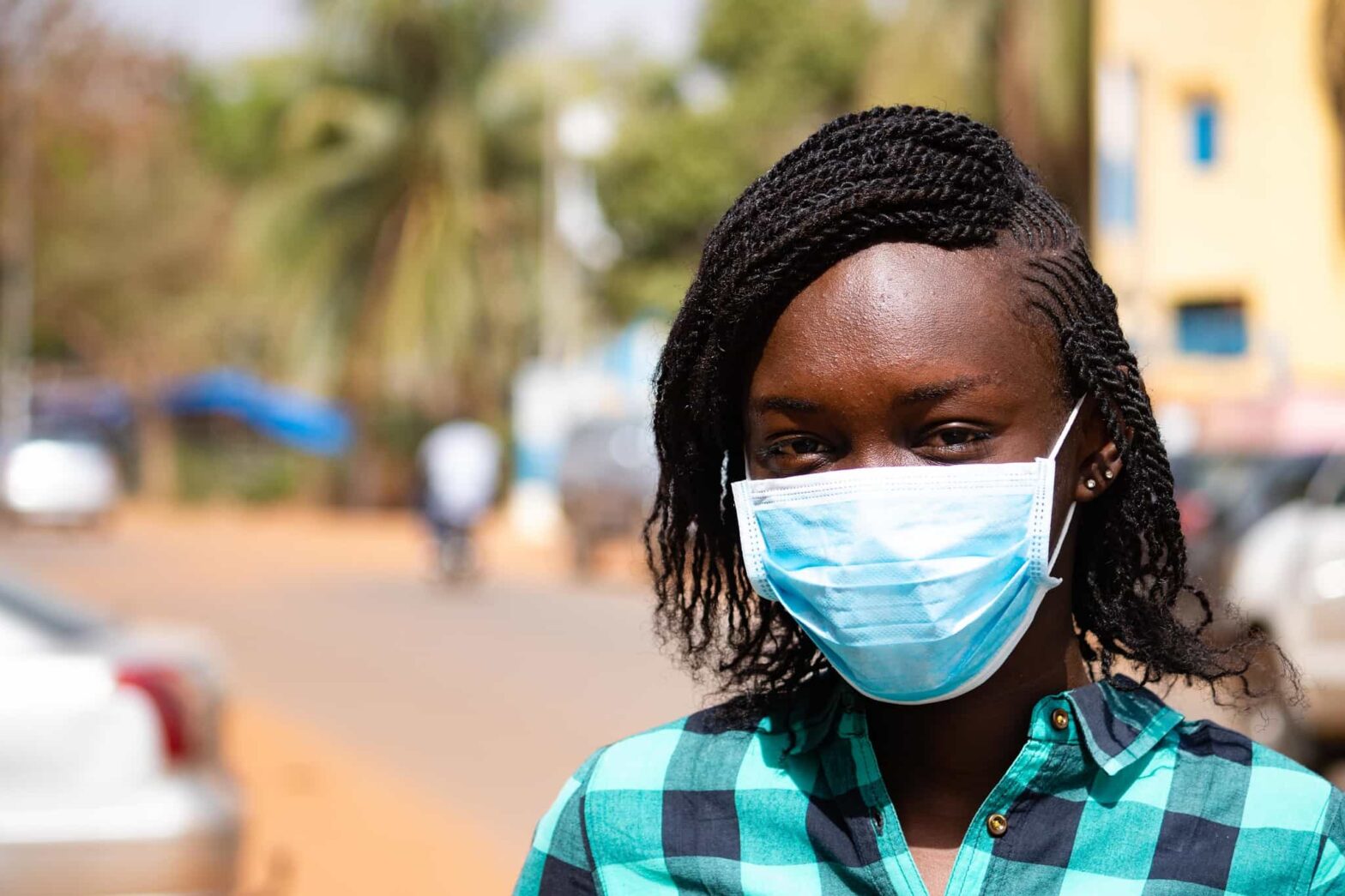In a variety of ways that suit their contexts, countries around the world have adapted international guidance on providing voluntary family planning and related reproductive health care during the COVID-19 pandemic. Tracking the extent to which these new policies are successful in maintaining women’s access to safe, high-quality care will provide valuable lessons for responses to future public health emergencies.
In late January 2020, the World Health Organization (WHO) declared COVID-19 a Public Health Emergency of International Concern, a formal declaration that triggered governments to mandate that only “essential” health care be provided during the pandemic. Though well-intentioned, this directive is also ambiguous. While health care workers scramble to manage waves of highly infectious and often critically ill patients, who decides what type of health care is essential?
Amid an inconsistent designation of “essential” services, overburdened health facilities, lockdowns, supply chain interruptions, and travel restrictions, without decisive action, provision of voluntary family planning will inevitably decline, with potentially devastating effects. The Guttmacher Institute estimated the impact of a 10% proportional decline in the use of short- and long-acting reversible contraceptive methods in 132 low- and middle-income countries. By their calculations, this would result in an additional 49 million women with an unmet need for modern contraceptives and an additional 15 million unintended pregnancies over the course of a year.
Fortunately, governments have taken steps to help ensure that voluntary family planning care remains essential and accessible
